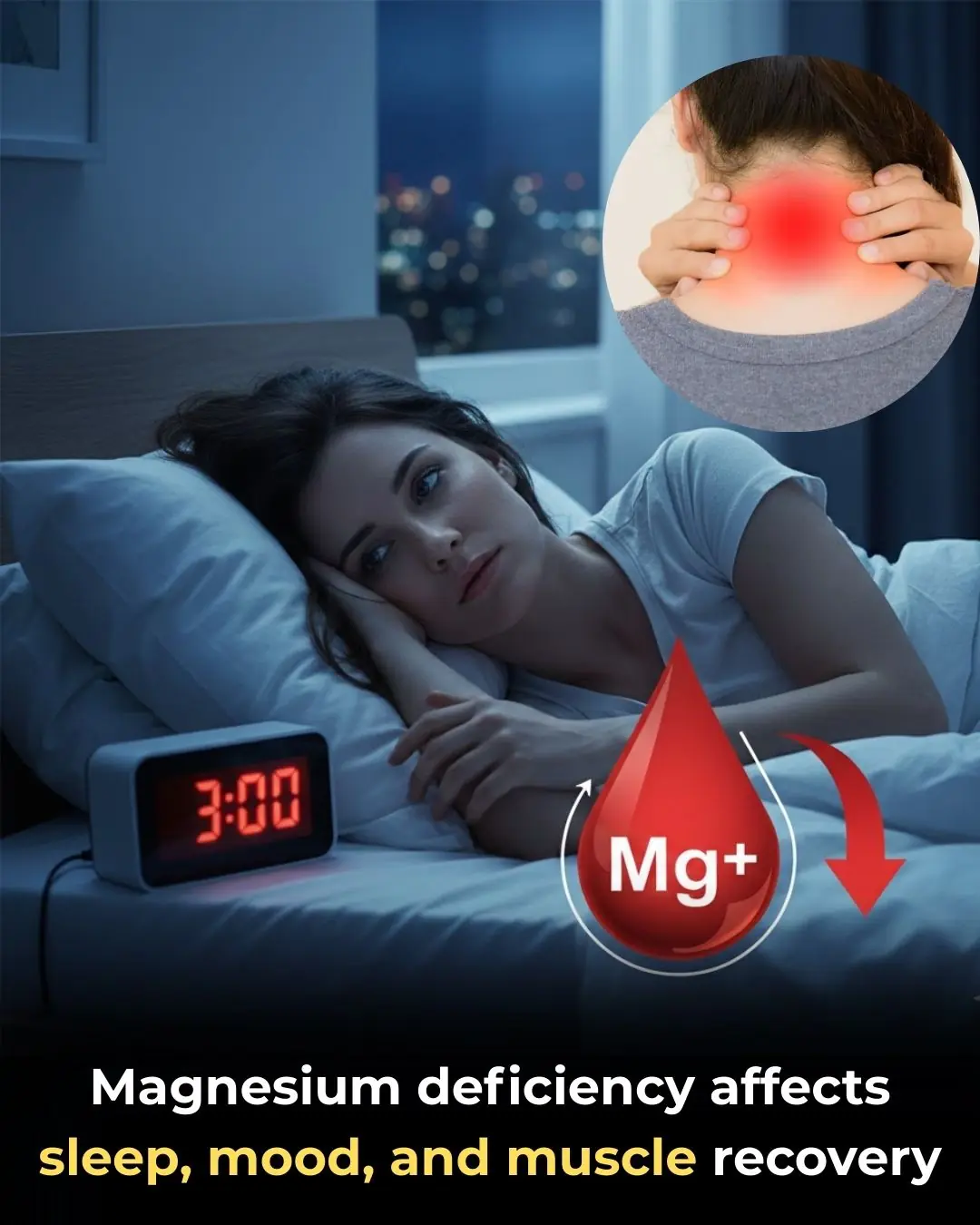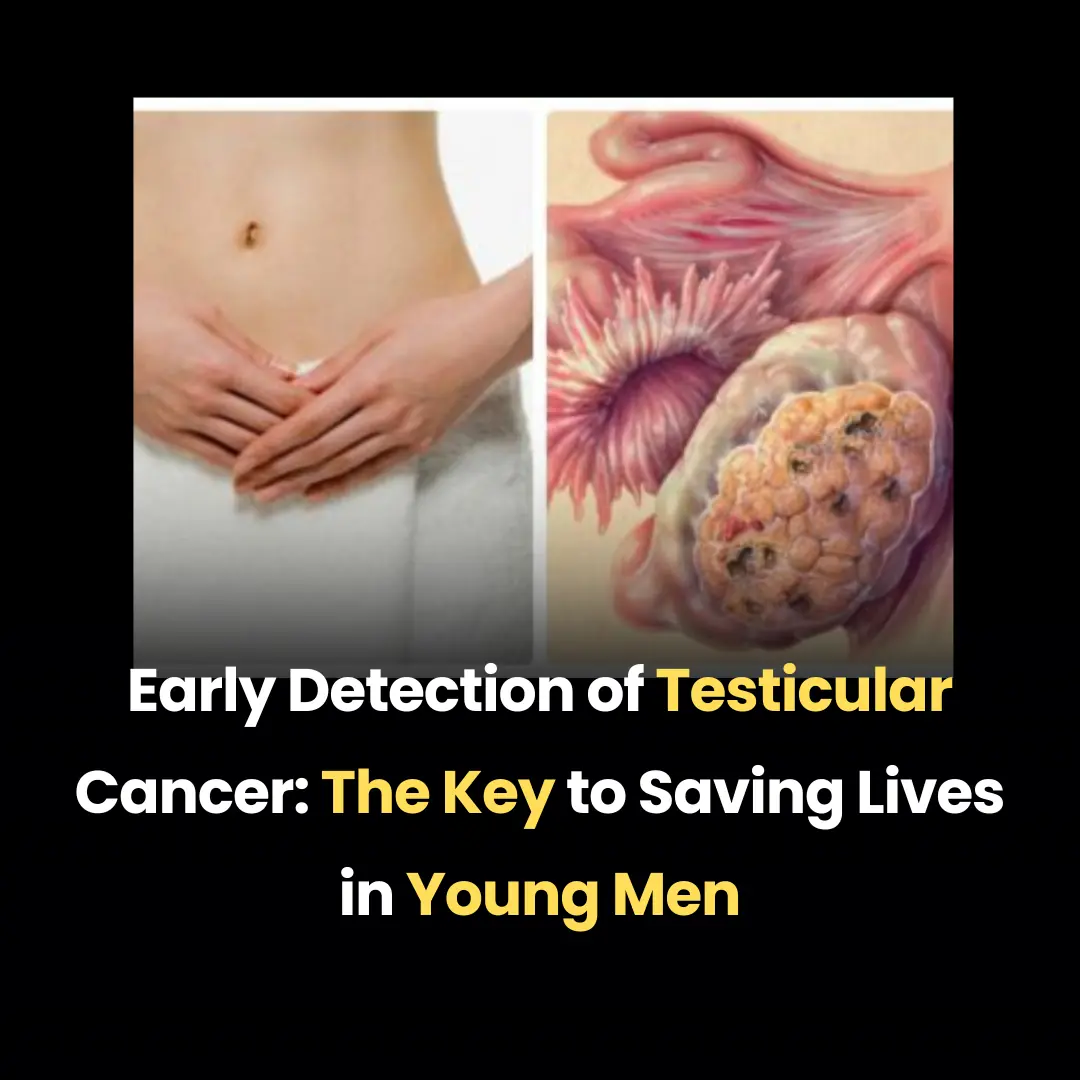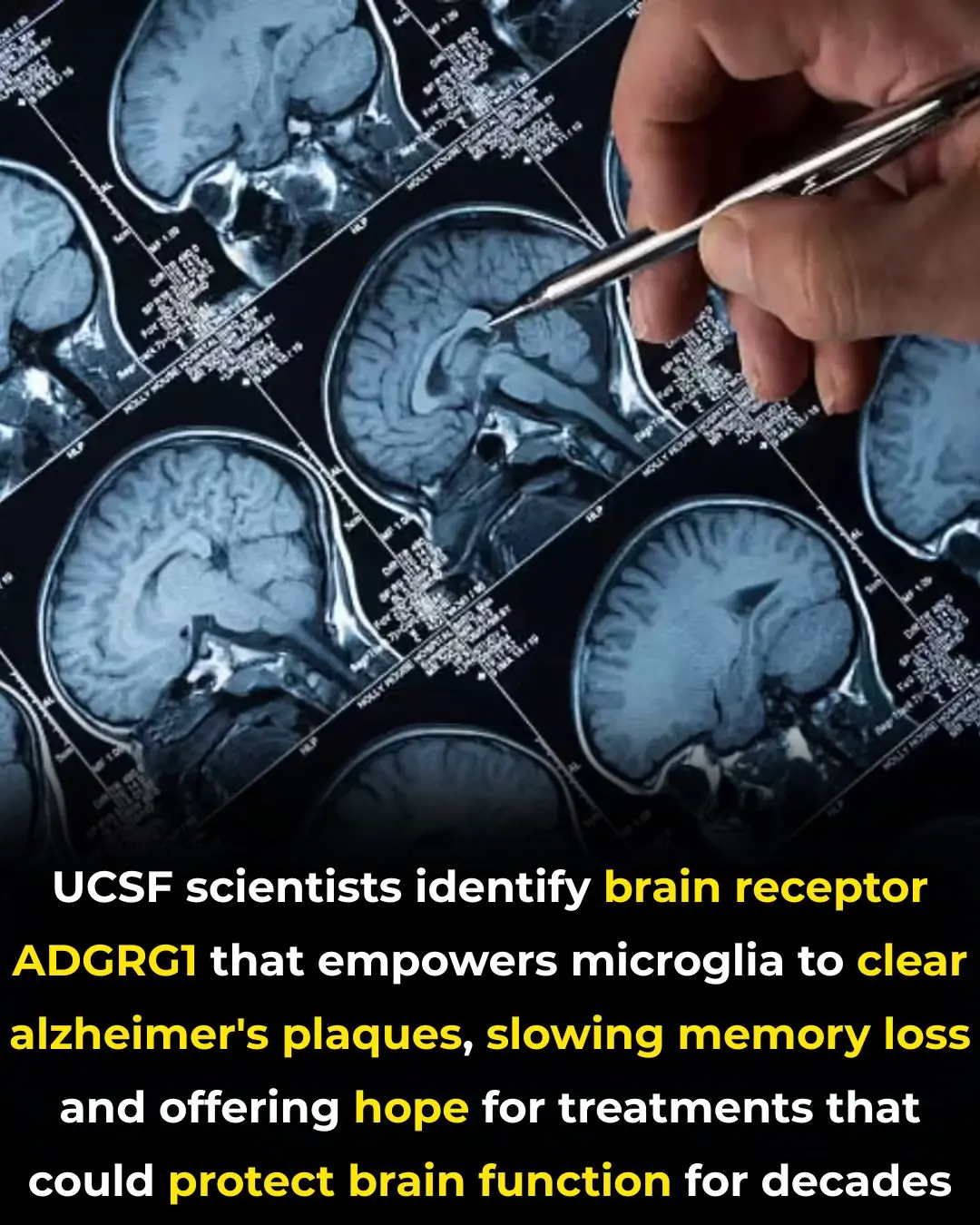
Groundbreaking Stem Cell Therapy Reverses Type 1 Diabetes, Restoring Natural Insulin Production
In a groundbreaking medical breakthrough, scientists have successfully used a woman’s own stem cells to reverse Type 1 diabetes. After years of depending on daily insulin injections, the patient’s body is now producing insulin naturally, effectively restoring normal blood sugar regulation. This monumental achievement marks a significant milestone in diabetes research, offering hope to millions of people who have long struggled with managing this chronic condition.
The pioneering treatment works by reprogramming the patient’s own stem cells to regenerate the insulin-producing beta cells in the pancreas. In patients with Type 1 diabetes, the body’s immune system attacks and destroys these cells, leading to the need for external insulin to regulate blood sugar levels. By utilizing the patient’s own cells for this therapy, scientists can avoid the risk of immune rejection, which often complicates the success of transplants or other foreign cell treatments. This personalized approach ensures that the treatment is tailored specifically to the patient’s biological makeup, significantly reducing the likelihood of complications and improving the chances for long-term success.
This method is particularly promising because it offers the possibility of restoring the body's ability to produce insulin naturally without relying on daily injections or external insulin devices. For many Type 1 diabetes patients, insulin therapy has been a lifelong necessity, with no permanent solution in sight. The idea that this treatment could eliminate the need for such therapy is truly revolutionary. In addition to restoring insulin production, early results from the treatment have shown improvements in overall metabolic health, including better control over blood sugar levels and more stable energy levels throughout the day.
Experts in the field are optimistic that this breakthrough could transform the lives of millions of people living with Type 1 diabetes worldwide. According to the American Diabetes Association, there are currently over 1.6 million people in the U.S. living with Type 1 diabetes, and the global number is significantly higher. The potential for a permanent cure, or at least the restoration of normal insulin production, could vastly improve quality of life for patients, reduce complications associated with long-term insulin use, and ultimately lower the global burden of diabetes-related health issues.
This success story also highlights the immense potential of stem cell therapy in treating other chronic diseases. Stem cell research has already shown promise in areas such as Parkinson’s disease, heart disease, and spinal cord injuries, but the application in diabetes treatment stands as one of the most promising. By harnessing the regenerative power of stem cells, scientists can explore ways to repair or replace damaged tissues and organs, offering new hope for patients with previously untreatable conditions.
The success of this treatment also underscores the significant progress being made in the field of regenerative medicine. According to the National Institutes of Health (NIH), regenerative medicine holds the potential to not only treat but also cure chronic conditions by repairing or replacing damaged cells, tissues, or organs. As research in this area continues to advance, therapies like the one used to reverse Type 1 diabetes could become more widely available in the near future.
However, experts caution that while the results are incredibly promising, more research and clinical trials are needed to confirm the long-term effectiveness and safety of the therapy. Researchers are optimistic that with continued studies and technological advancements, stem cell therapy for Type 1 diabetes could be scaled up for broader use, offering a permanent solution for people who currently rely on insulin for survival.
In conclusion, this groundbreaking stem cell therapy is not just a scientific achievement but a glimpse into the future of personalized medicine. It offers hope for a world where chronic diseases like Type 1 diabetes can be cured, leading to better health outcomes and an improved quality of life for millions of people. The potential for this therapy to become widely available in the future remains high, as scientists continue their work in regenerative medicine and stem cell research.
News in the same category


✨ The Unsung Mineral: How Magnesium Deficiency Compromises Nerve Signaling and Undermines Holistic Health

🎮 The Virtual Battlefield: How the British Army is Leveraging Call of Duty for Next-Generation Tactical Training

🍔 The Hijacked Brain: How Ultra-Processed Foods Mimic Addiction and Disrupt Decision-Making

How Chronic People-Pleasing Could Increase Your Risk of Autoimmune Disease

Autophagy: How Your Body's 'Self-Cleaning' Process Boosts Health and Longevity

Breakthrough Ready-Made Immune Cell Therapy Shows Promise in Treating Advanced Kidney Cancer

Early Detection of Testicular Cancer: The Key to Saving Lives in Young Men

New Research Shows Coffee Consumption Can Reduce Liver Cancer Risk by 43%

Why Do We Get Shocked by Static Electricity

What Clearing the Table Says About You

What is their purpose in doing so?

🛁 Say Goodbye to the Shower: Japan Unveils the 15-Minute "Human Washing Machine"

Fingerprint Individuality: A Story Written by Biology, Environment, and Chance

Northwestern Study Reveals Hidden Dangers in Youth Skincare Influencer Culture

Scientists Discover a Brain Receptor That Acts as a Natural Shield Against Alzheimer’s

A Fluorescent Breakthrough: New Dye Helps Surgeons Precisely Target Prostate Cancer

The Shocking Secret of Spider Flight: How Electric Forces Lift Them Into the Sky
News Post

🧠 The Anxiety Circuit: Discovery of a Neural Pathway That Functions as an On/Off Switch for Fear

🚶 The Power of Post-Meal Movement: Why a Ten-Minute Walk is a Game-Changer for Blood Sugar Control

✨ The Unsung Mineral: How Magnesium Deficiency Compromises Nerve Signaling and Undermines Holistic Health

🎮 The Virtual Battlefield: How the British Army is Leveraging Call of Duty for Next-Generation Tactical Training

🍔 The Hijacked Brain: How Ultra-Processed Foods Mimic Addiction and Disrupt Decision-Making

How Chronic People-Pleasing Could Increase Your Risk of Autoimmune Disease

Autophagy: How Your Body's 'Self-Cleaning' Process Boosts Health and Longevity

Breakthrough Ready-Made Immune Cell Therapy Shows Promise in Treating Advanced Kidney Cancer

Early Detection of Testicular Cancer: The Key to Saving Lives in Young Men

New Research Shows Coffee Consumption Can Reduce Liver Cancer Risk by 43%

Clothes are easily wrinkled when washed: Put something cheap in the machine when washing, the clothes will come out flat.

Refrigerator leaks water, slows down cooling: Women can learn how to fix it themselves, no need to call a technician

Why Do We Get Shocked by Static Electricity

What Clearing the Table Says About You

The Magic of Lemon Juice and Activated Charcoal: Natural DIY Solutions for Skin and Teeth

Improve Eyesight Naturally With Onion Tea: Benefits, Uses & How to Make It

Make your own biotin powder for glowing skin

Roll your feet daily—unlock rapid healing throughout your body!
